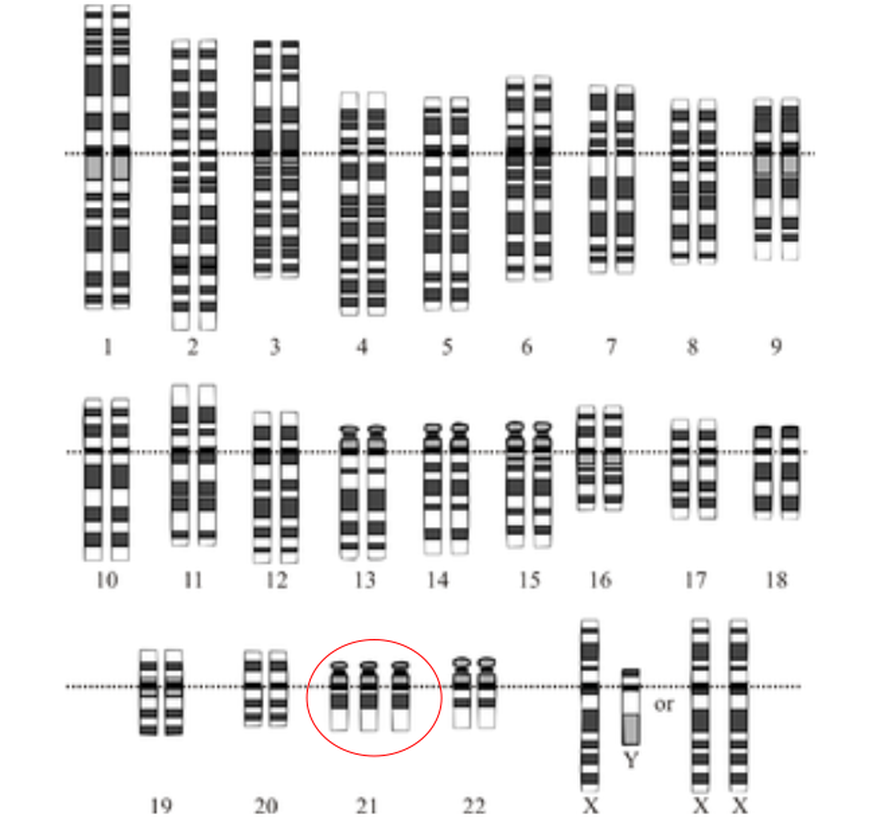The need to diagnose Alzheimer's in older people with Down syndrome
The research project Down-Syndrome Basque Alzheimer's Initiative has shown that Alzheimer's is underdiagnosed in older people with Down syndrome. In fact, in recent years the life expectancy of people with Down syndrome has increased considerably, so it is more frequent that they suffer from diseases associated with old age, such as Alzheimer's. In addition, they appear before the population average.
The research project was launched with the objective of offering them comprehensive health care, with the support of entities working with adults with Down syndrome in CIT Alzheimer's. According to researcher Miren Altuna Azkargorta, they have another objective: “making these people the protagonists of high-level clinical and translational research.”
He explains that both adults with Down syndrome and their family members and caregivers have welcomed the research project, in the first year of the initiative 114 adults from all the territories of Hego Euskal Herria, with a mean age of 46.3 years participated. “Over 95% of attendees have authorised the use of their coded or anonymised data for research. In addition, two-thirds agree to perform blood tests, more than half perform magnetic sonance of the head and more than one-third lumbar puncture,” says Altuna.
He also highlighted the offer of clinical visits in Basque and Spanish and the training plan aimed at caregivers: “We want the degree of compliance with linguistic rights in health care for people with Down’s Syndrome to be analyzed, and we really want to know whether being bilingual also has a clinical and biological benefit in terms of cognitive impairment.” It should be noted that the majority of those who decided to participate were Euskaldunes.
The study, published in the Journal of Clinical Medicine, shows that 36% of participants had symptoms of Alzheimer's, but 5.7% had previously been diagnosed. Researchers have therefore concluded that these projects are absolutely necessary to provide adequate health care to people with Down syndrome.






